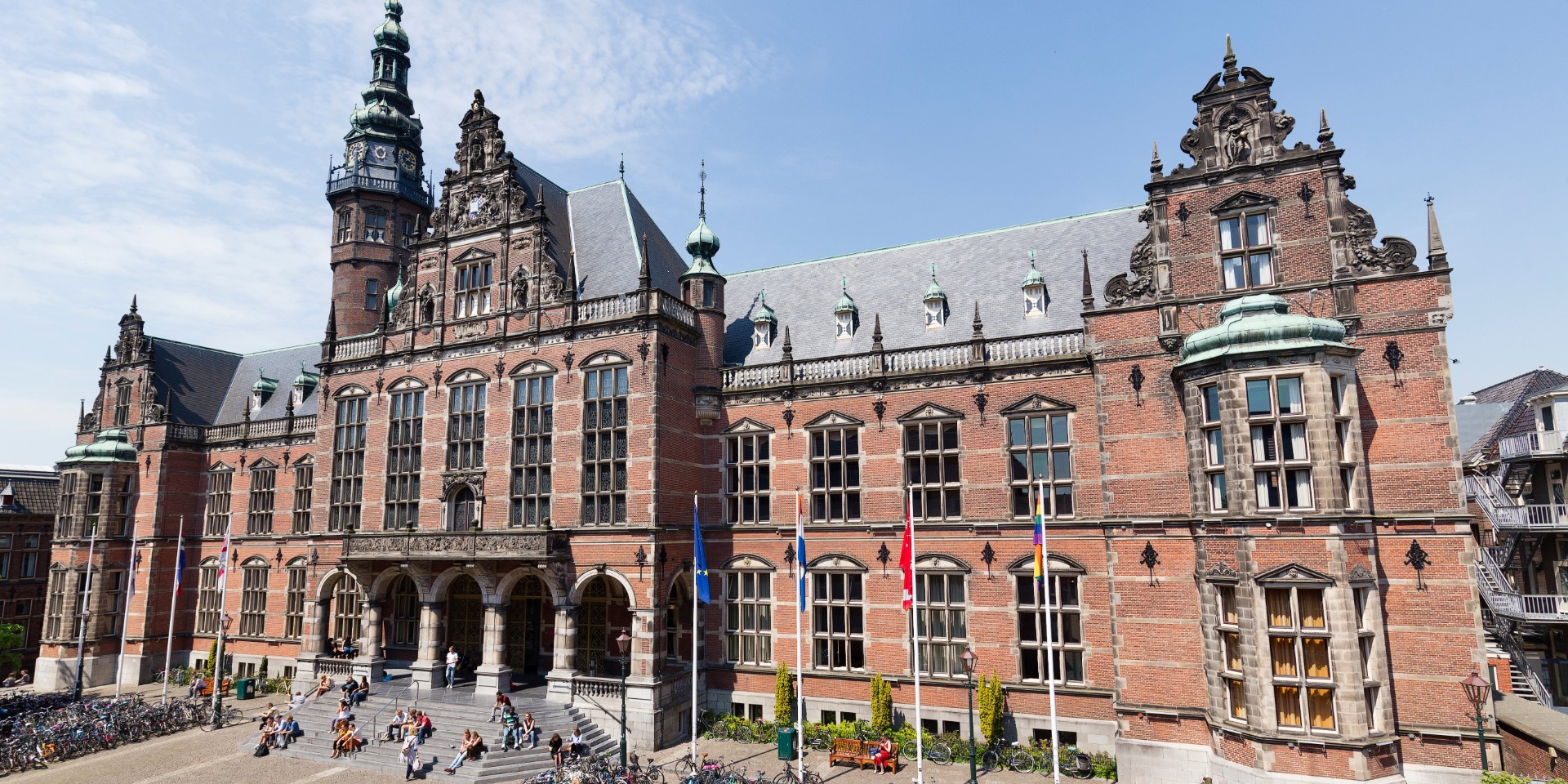In the Multi-Scale Mechanics (MSM) group led by Dr Francesco Maresca, within the Computational Mechanical and Materials Engineering (CMME) unit of the Engineering and Technology institute Groningen (ENTEG) of the University of Groningen (UG), we are looking for a PhD candidate for a project on the atomistic modelling of fracture of advanced high-strength steels, with focus on liquid metal embrittlement. This project forms the theoretical/numerical part of the MUSCLES project, which involves in total 3 researchers (one at UG and two at TU Delft) and is funded by NWO (Dutch Research Council) in collaboration with the Materials Innovation Institute (M2i) and Tata Steel Europe.
Liquid Metal Embrittlement (LME) is a major obstacle to the application of the new generation advanced high strength steels (AHSS). LME consists in the loss of ductility of the steel substrate in contact with the anti-corrosion zinc based coatings, molten upon welding operations. The fundamental origin of the mechanisms controlling LME is not understood. Literature suggests that the interaction of solutes with cracks in the material, the microstructure and the local stress state can all influence the LME phenomenon, which thus appears to be an intrinsically multi-scale process.
Therefore, a novel synergistic multi-scale experimental-theoretical approach will be developed combining state-of-the-art simulation techniques (two numerical PhD students) with cutting-edge experimental testing (one Postdoc) from atomistic up to the macroscale, to reveal the necessary insight into the LME phenomenon that is required to guide the design of LME-free AHSS. The researcher at UG will investigate the nanoscale mechanisms that induce LME by a combination of ab-initio methods (Density Functional Theory), Molecular Dynamics modelling and machine-learning.
The MSM group is active in multi-scale modelling of the mechanical properties of complex metal alloys. The research involves using and developing theoretical and computational methods at the nano- (atomistic), micro- and macro-scales to address problems of high relevance for applications. The group is part of the CMME unit, which is active in various fields of research to engineer and model across scales – from complex (meta-) materials up to integrated energy technologies – to predict and optimize the performance of materials, components and systems. The group is part of ENTEG, which is one of the 12 research institutes of the Faculty of Science and Engineering. ENTEG aims at performing excellent research and teaching directed at the integration of fundamental and engineering sciences.
Qualifications
Talented, enthusiastic candidates with excellent analytical and communication skills and high grades are encouraged to apply. A MSc degree (or equivalent) in Physics, Mechanical Engineering, Materials Science or a related discipline is required, with experience in atomistic modelling of materials and solid mechanics theory. Experience in molecular dynamics, density functional theory and solid mechanics is important, as well as a strong interest in pursuing research in mechanics of materials. Experience in fracture mechanics modelling, machine learning, micro-mechanics, FEM simulations, crystal plasticity, metallurgy, are of benefit.
Organisation
Since its foundation in 1614, the University of Groningen has enjoyed an international reputation as a dynamic and innovative centre of higher education offering high-quality teaching and research. Balanced study and career paths in a wide variety of disciplines encourage currently more than 36,000 students and researchers to develop their own individual talents. Belonging to the best research universities in Europe and the top 100 universities in the world (see our ranking: http://www.rug.nl/(...)do-we-stand/rankings), the University of Groningen is truly an international place of knowledge.
Conditions of employment
We offer you, following the Collective Labour Agreement for Dutch Universities:
• a salary of € 2,443 gross per month in the first year, up to a maximum of € 3,122 gross per month in the fourth and final year for a full-time working week
• a full-time position (1.0 FTE) for 4 years
• a holiday allowance of 8% gross annual income
• an 8.3% end-of-the-year allowance
• a position for four years; first, you will get a temporary position of one year with the option of renewal for another three years; prolongation of the contract is contingent on sufficient progress in the first year to indicate that successful completion of the PhD thesis within the contract period is to be expected. A PhD training program is part of the agreement and you will be enrolled in the Graduate School of the Faculty of Science and Engineering.
The position is immediately available
Application
Application documents (in PDF format) must contain:
1. Letter of motivation
2. Detailed curriculum vitae (including an overview of your experience with molecular dynamics, density functional theory, theoretical solid mechanics, fracture mechanics modelling, machine learning, micro-mechanics, FEM simulations, crystal plasticity, metallurgy, Matlab/Python coding, numerical analysis; also include your date of birth and profile picture)
3. The official transcripts of your BSc and MSc grades
4. List of references with full contact information (including the supervisors of your final BSc and final MSc projects).
You may apply for this position until 6 March 11.59pm / before 7 March 2022 Dutch local time by means of the electronic application form (click on "Apply" below on the advertisement on the university's website). Promising candidates will be interviewed shortly after the deadline.
We are an equal opportunity employer and value diversity at our University. We are committed to building a diverse faculty so you are encouraged to apply. Our selection procedure follows the guidelines of the Recruitment code (NVP), https://www.nvp-hrnetwerk.nl/sollicitatiecode/ and European Commission's European Code of Conduct for recruitment of researchers, https://euraxess.ec.europa.eu/jobs/charter/code
Unsolicited marketing is not appreciated.
Information
For information you can contact:
Please do not use the e-mail address(es) above for applications.



